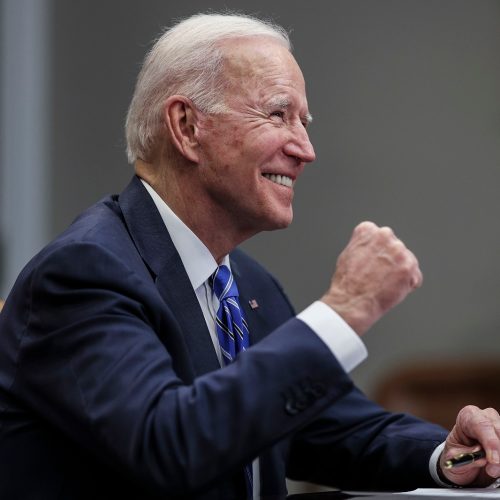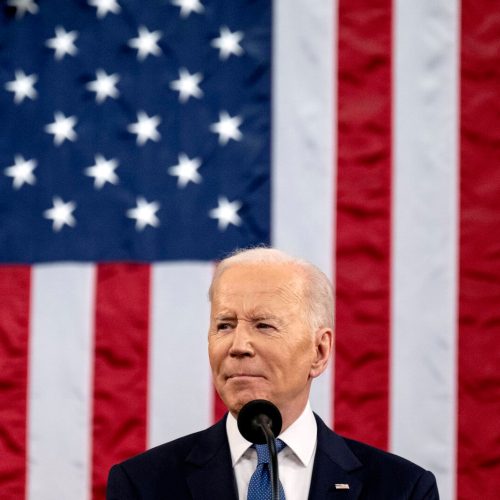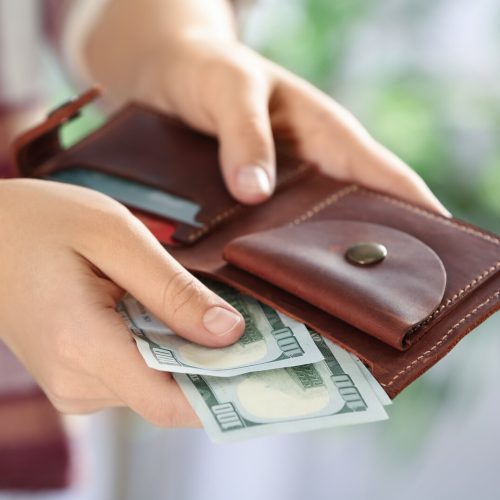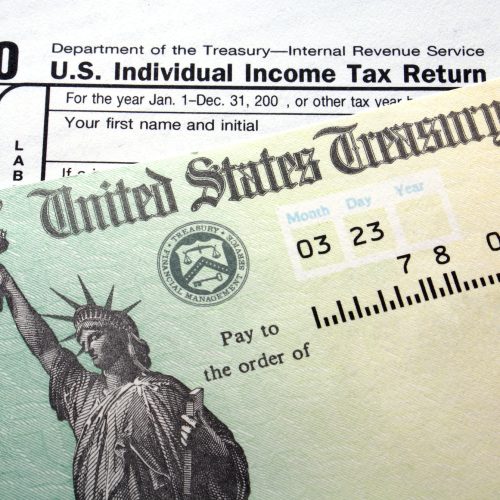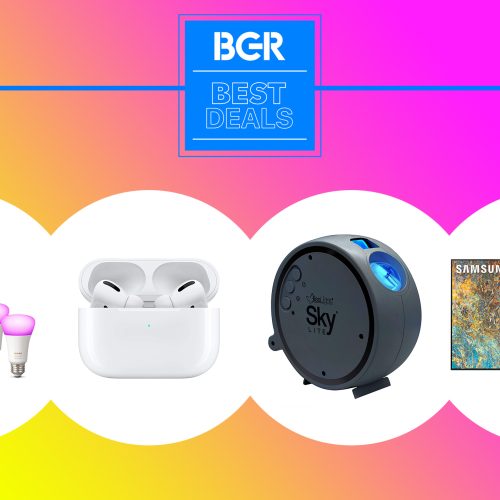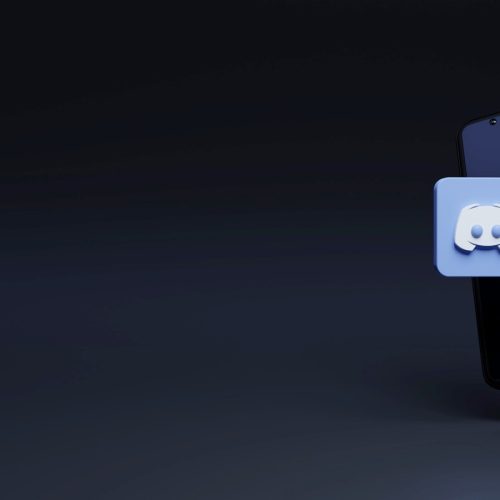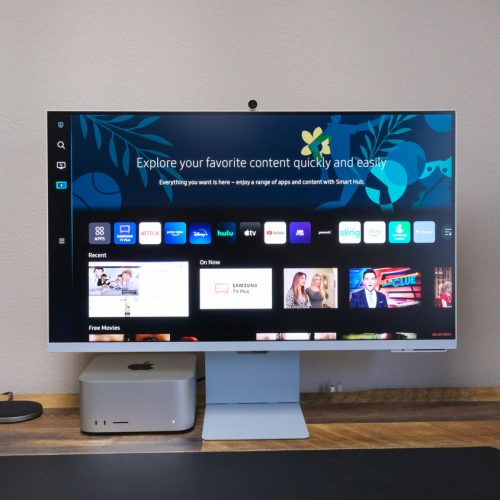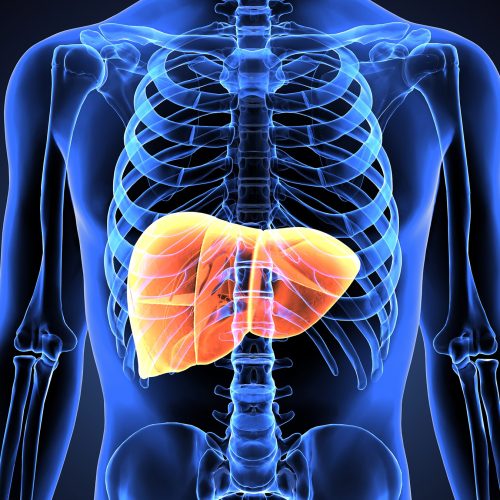Prior to the coronavirus pandemic, the idea that the government ought to give people a so-called universal basic income wasn’t exactly a mainstream priority in most places. It sounded, in fact, like one of the most radical, progressive concepts out there. Until 2020 came along and upended so much of the established order. Thanks to everything from widespread lockdowns to strict health measures that crippled scores of businesses and led to massive waves of layoffs, that all arguably provided air cover for politicians to experiment with UBI. Especially when they were already throwing gobs of stimulus money at Americans over the past couple of years, anyway.
These kinds of payments and initiatives are worth watching closely, especially right now. That’s because momentum has stalled for new stimulus checks at the federal level. And time will tell whether that’s a temporary or permanent state of affairs.
“A fairer, more equitable society”
Supporters on Twitter and elsewhere claim that UBI can help produce a “more equitable society.” Below, we’ll take a closer look at some of the places where this is being tried.
Cities that launched these kinds of initiatives last year include Los Angeles, as well as Columbia, South Carolina. Local officials in Rochester, New York, meanwhile, recently approved the payment of $500 monthly checks to 175 low-income families there. Those payments will go out over 12 months (and thus add up to $6,000 in total).
The following year? Another group of 175 Rochester families gets the $500 payments. Also important to note: Quite often, no matter the locality, the target of such payments is a specific demographic. In Rochester’s case, the recipients are households at or below 200% of the federal poverty level.
Other universal Basic Income experiments
At the same time, New York State is targeting a different group of people. An initiative called Creatives Rebuild New York, launched by the Andrew W. Mellon Foundation, is offering $125 million in aggregate over three years to as many as 2,700 artists.
Most of those artists will get payments that come with no strings attached. While a small subset of that group will be paid for art-related work across the state.
The city of Newark, New Jersey, meanwhile, recently expanded a UBI program there to 400 residents. Each of the participants is getting a total of $12,000 over two years. The participants are low-income and have to prove a hardship of some kind stemming from the Covid pandemic.
“At a time when our city still faces the challenges of COVID-19 and its economic impact, the biggest and most important institution that we should be investing in is families,” Newmark Mayor Ras Baraka said in announcing the program. “This will give our residents a much-needed boost and allow them to participate in the economy, regain their economic independence and strength, and move toward prosperity.”
There’s also a similar effort underway in Durham, North Carolina. There, 115 formerly incarcerated residents are getting $500/month payments for a year under the city’s Excel pilot program. The objective is “to evaluate guaranteed income’s effects on recidivism and re-incarceration, employment, economic security, and income volatility.”

